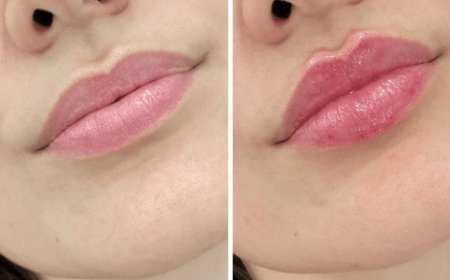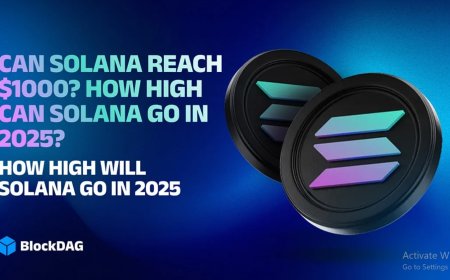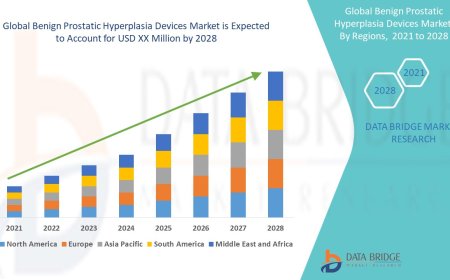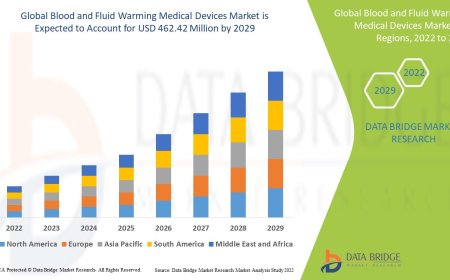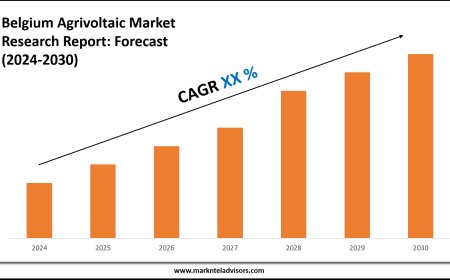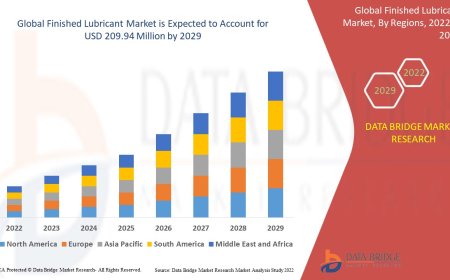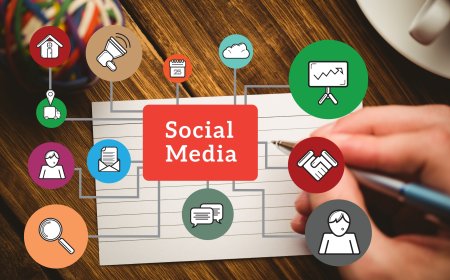Cell Therapy Market Size, Share and Growth Forecast 2025-2033

Market Overview:
The Cell Therapy Market is experiencing rapid growth, driven by Rising Prevalence of Chronic and Degenerative Diseases, Surge in R&D and Biotech Investments and Supportive Regulatory Environment. According to IMARC Group's latest research publication, "Cell Therapy Market Size, Share, Trends and Forecast by Cell Type, Therapy Type, Therapeutic Area, End User, and Region, 2025-2033", Offers a comprehensive analysis of the industry, which comprises insights on the global cell therapy market share. The market size was valued at USD 15.68 Billion in 2024. Looking forward, IMARC Group estimates the market to reach USD 60.79 Billion by 2033, exhibiting a CAGR of 14.51% during 2025-2033.
This detailed analysis primarily encompasses industry size, business trends, market share, key growth factors, and regional forecasts. The report offers a comprehensive overview and integrates research findings, market assessments, and data from different sources. It also includes pivotal market dynamics like drivers and challenges, while also highlighting growth opportunities, financial insights, technological improvements, emerging trends, and innovations. Besides this, the report provides regional market evaluation, along with a competitive landscape analysis.
Download a sample PDF of this report: https://www.imarcgroup.com/cell-therapy-market/requestsample
Our report includes:
- Market Dynamics
- Market Trends And Market Outlook
- Competitive Analysis
- Industry Segmentation
- Strategic Recommendations
Growth Factors in the Cell Therapy Industry:
-
Rising Prevalence of Chronic and Degenerative Diseases
The growing number of people affected by chronic and degenerative conditions such as cancer, cardiovascular disorders, and neurological diseases is fueling demand for cell-based therapies. Traditional treatments often manage symptoms rather than address root causes. Cell therapy, on the other hand, offers regenerative potential and long-lasting benefits. For instance, CAR-T cell therapies are showing impressive remission rates in certain blood cancers, driving hope among both patients and clinicians. According to the Leukemia & Lymphoma Society, over 100,000 people are diagnosed with blood cancers annually in the U.S. alonemany of whom are potential candidates for cell-based treatments. As the patient population rises and healthcare providers seek more effective and targeted interventions, cell therapy is gaining traction as a next-gen solution with transformative outcomes.
-
Surge in R&D and Biotech Investments
Investments from pharmaceutical companies, venture capital firms, and public sector entities are significantly accelerating research and development in the cell therapy space. Major players like Novartis, Gilead Sciences, and Bristol Myers Squibb are expanding their pipelines with new cell therapies, especially CAR-T and stem cell-based approaches. Government funding is also playing a key role. In countries like the U.S., Japan, and South Korea, national health agencies are offering grants and fast-track approvals to speed up clinical research. A recent example includes the U.S. FDAs support for the Regenerative Medicine Advanced Therapy (RMAT) designation, which has already benefited dozens of innovative therapies. This influx of capital and regulatory flexibility is allowing more therapies to move quickly from bench to bedside, making cutting-edge treatments more widely available.
-
Supportive Regulatory Environment
Regulatory bodies are adapting their frameworks to accommodate the complex nature of cell-based treatments, which is critical for industry growth. Traditional drug approval pathways werent built for therapies involving living cells, so many governments have introduced specific programs to support innovation. For example, the European Medicines Agency (EMA) has created the Advanced Therapy Medicinal Products (ATMP) regulation to streamline the review and approval of gene and cell therapies. Similarly, agencies like the U.S. FDA are engaging in real-time dialogue with developers to accelerate safe clinical rollout. These changes are also encouraging startups and academic institutions to participate in the market, knowing that the regulatory landscape is becoming more supportive and transparent. Overall, the reduced time to market and clearer guidelines are unlocking faster access to potentially life-saving therapies.
Three Key Trends in the Cell Therapy Market:
-
Shift Toward Personalized and Autologous Therapies
One of the most significant trends in cell therapy is the move toward personalized, patient-specific treatments. Autologous therapieswhere a patients own cells are modified and reintroducedare showing remarkable success in diseases like leukemia and lymphoma. Unlike one-size-fits-all drugs, these therapies are custom-made for each patient, increasing effectiveness and reducing rejection risk. For example, Novartis Kymriah and Gileads Yescarta are commercially available autologous CAR-T cell therapies that have already treated thousands globally. While production is complex and costly, advances in manufacturing and logistics are improving turnaround times. Companies are also exploring decentralized production models to speed up delivery. As patients and providers become more aware of these individualized options, demand for personalized cell therapy is only expected to rise.
-
Expansion of Off-the-Shelf Allogeneic Solutions
While personalized treatments are gaining popularity, there's a parallel trend toward scalable, off-the-shelf allogeneic therapies. These use donor cells that can be mass-produced and stored for widespread use, making them more cost-effective and accessible. Leading firms like Allogene Therapeutics and Fate Therapeutics are developing universal donor cell lines that can be modified to minimize immune rejection. This approach addresses some of the key logistical challenges associated with autologous therapies, such as production time and cost. Additionally, allogeneic products are being tested in a broader range of indications, from solid tumors to autoimmune disorders. As biomanufacturing technologies improve, the feasibility of large-scale production will strengthen, making allogeneic cell therapy a major commercial opportunity for the next generation of treatment.
-
Integration of AI and Automation in Manufacturing
Cell therapy manufacturing is complex and sensitive, often involving multiple steps under strict conditions. The industry is now seeing a wave of automation and AI integration to streamline these workflows. Companies are investing in smart bioreactors, robotic platforms, and AI-driven analytics to improve consistency, reduce errors, and scale production. For instance, Thermo Fisher Scientific and Cytiva are developing automated platforms that can handle cell culture, purification, and quality control with minimal human intervention. AI is also being used to monitor cell behavior in real time and predict optimal processing conditions. This not only speeds up time-to-market but also ensures product quality and compliance. As demand for cell therapy rises, automation will play a crucial role in making treatments faster, safer, and more affordable to produce at scale.
Leading Companies Operating in the Global Cell Therapy Industry:
- AlloSource
- Anterogen Co. Ltd.
- Cells for Cells
- Holostem Terapie Avanzate S.r.l.
- JCR Pharmaceuticals
- Kolon TissueGene Inc
- MEDIPOST
- Mesoblast Limited
- NuVasive
- Stemedica Cell Technologies Inc.
- Stempeutics Research Pvt. Ltd
- Vericel Corporation
Cell Therapy Market Report Segmentation:
Breakup By Cell Type:
- Stem Cell
- Bone Marrow
- Blood
- Umbilical Cord-Derived
- Adipose-Derived Stem Cell
- Others
- Non-stem Cell
Stem cell (bone marrow, blood, umbilical cord-derived, adipose-derived stem cell, and others) represents the largest segment due to their unique ability to differentiate into various cell types, offering versatile treatment options for a range of conditions.
Breakup By Therapy Type:
- Autologous
- Allogeneic
Autologous holds the biggest market share owing to its lower risk of immune rejection and personalized treatment approach, enhancing safety and efficacy.
Breakup By Therapeutic Area:
- Malignancies
- Musculoskeletal Disorders
- Autoimmune Disorders
- Dermatology
- Others
Malignancies account for the majority of the market share as there is a high demand for innovative and effective treatments like CAR-T cell therapy that target cancer cells directly.
Breakup By End User:
- Hospitals and Clinics
- Academic and Research Institutes
Based on the end user, the market has been bifurcated into hospitals and clinics and academic and research institutes.
Breakup By Region:
- North America (United States, Canada)
- Asia Pacific (China, Japan, India, South Korea, Australia, Indonesia, Others)
- Europe (Germany, France, United Kingdom, Italy, Spain, Russia, Others)
- Latin America (Brazil, Mexico, Others)
- Middle East and Africa
North America enjoys the leading position owing to a large market for cell therapy driven by its advanced healthcare infrastructure, high investment in biotechnology research, and favorable regulatory environment for innovative therapies.
Research Methodology:
The report employs acomprehensive research methodology,combining primary and secondary data sources to validate findings. It includes market assessments, surveys, expert opinions, and data triangulation techniquesto ensureaccuracy and reliability.
Note: If you require specific details, data, or insights that are not currently included in the scope of this report, we are happy to accommodate your request. As part of our customization service, we will gather and provide the additional information you need, tailored to your specific requirements. Please let us know your exact needs, and we will ensure the report is updated accordingly to meet your expectations.
About Us:
IMARC Group is a global management consulting firm that helps the worlds most ambitious changemakers to create a lasting impact. The company provide a comprehensive suite of market entry and expansion services. IMARC offerings include thorough market assessment, feasibility studies, company incorporation assistance, factory setup support, regulatory approvals and licensing navigation, branding, marketing and sales strategies, competitive landscape and benchmarking analyses, pricing and cost research, and procurement research.
Contact Us:
IMARC Group
134 N 4th St. Brooklyn, NY 11249, USA
Email: sales@imarcgroup.com
Tel No:(D) +91 120 433 0800
United States: +1-631-791-1145





